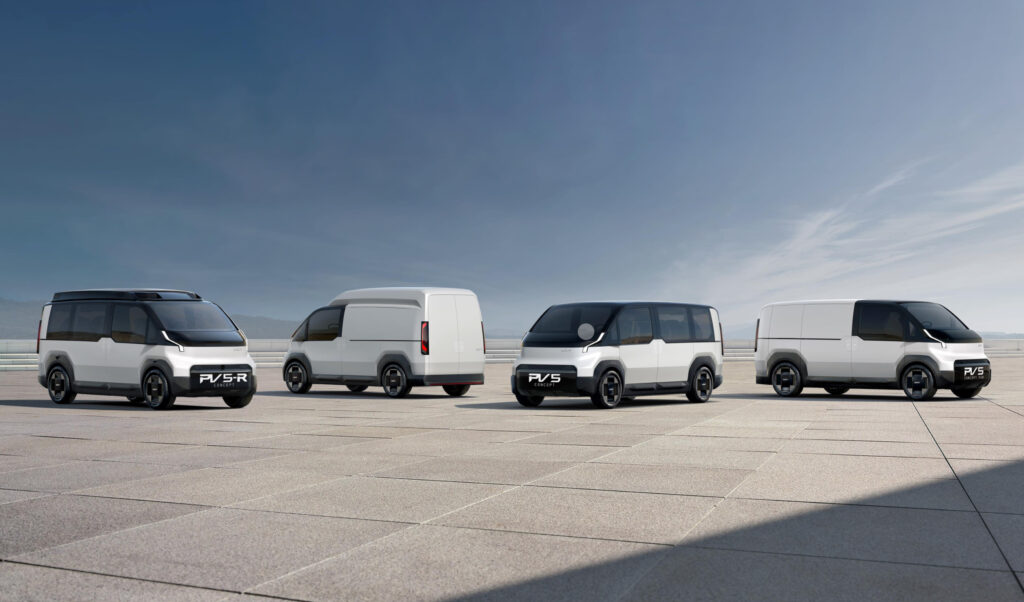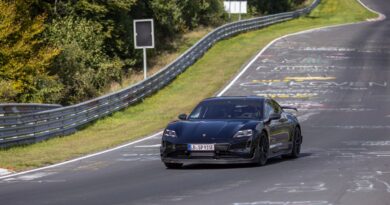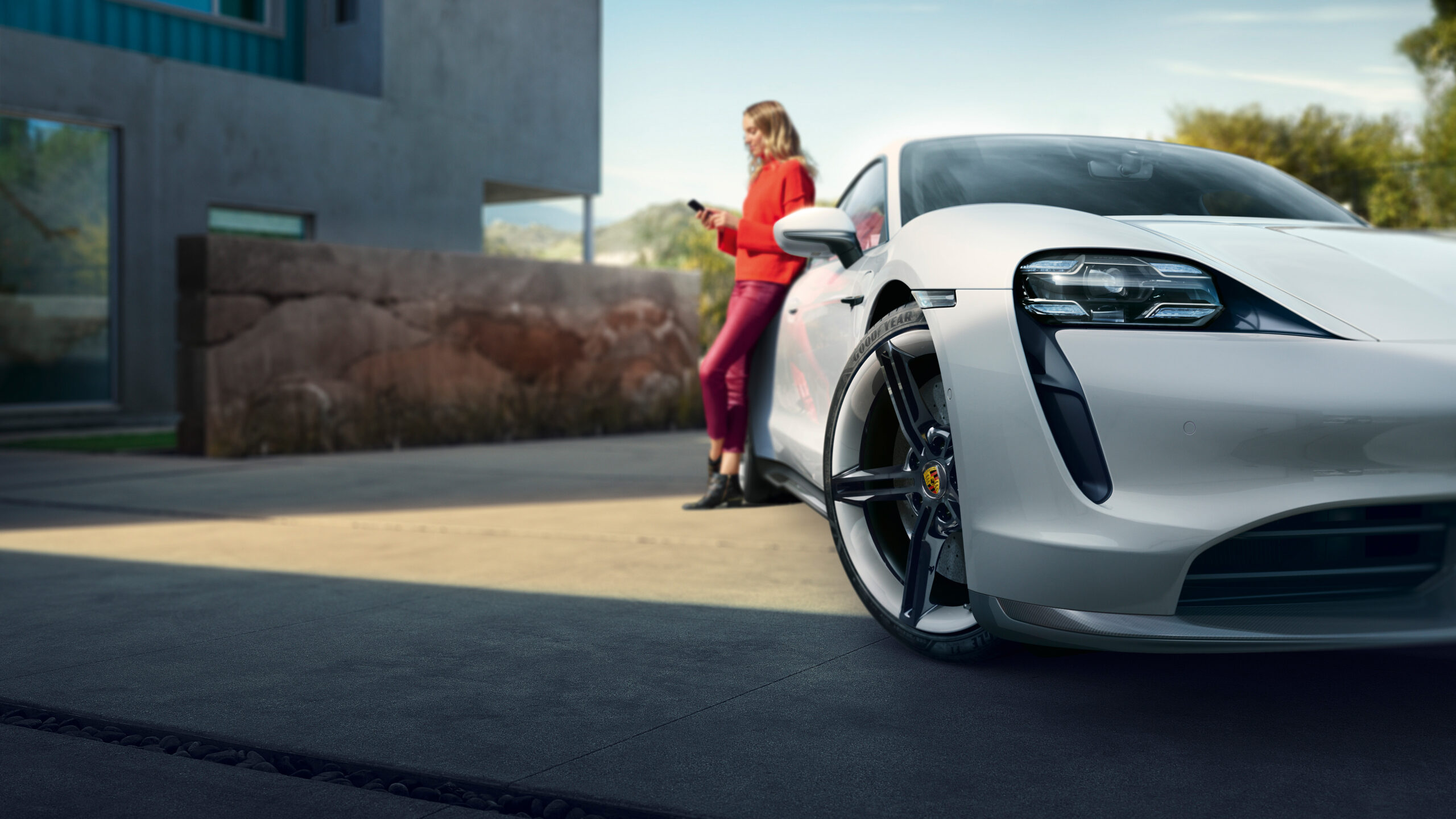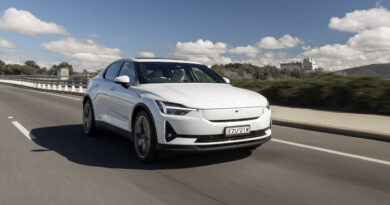The Tesla of vans? Renault and Volvo create Flexis to revolutionise electric light commercial vehicles
Renault and the Volvo truck group have announced they are working together to hatch a pioneering new family of electric vans that will be sold under the Flexis badge when they go on sale in 2026.
Hoping to repeat what Tesla did for electric cars, but for vans, the key to the success of the new Flexis brand that is also bankrolled by a French shipping and logistics firm CMA CGM is a bespoke dedicated architecture that will offer cutting edge EV tech.
That explains why the first three vans will all benefit from an advanced 800-volt electrical architecture and will be capable of being of being DC fast charged at levels previously only reserved for the most expensive battery-powered passenger cars.
READ MORE: Liam Lawson should be racing in the Australian F1 Grand Prix this weekend … instead he destroyed my neck in Ford’s insane electric Supervan Transit
READ MORE: Cop that Benz! Chinese LDV eDeliver 7 electric delivery van undercut Mercedes e-Vito by a cool $30,000
READ MORE: All-new electric Kia PV5 is a gamechanger in the world of vans with its advanced tech and interchangeable rear body
Releasing a teaser of a traditional panel van, step-in van and a more spacious box van, the new Flexis says it will be eventually capable of producing many different body styles while customers will have the choice of two undisclosed batteries.
Range hasn’t been discussed but whichever version you choose it will be manufactured at Renault’s Sandouville plant in northern France that currently builds the Renault Trafic and Nissan Primastar sold in Europe.
Impressively, thanks to its new platform, space levels will be generous with the Renault Kangoo-sized delivery van offering the interior space of the much-larger mid-sized Trafic.
Even better for those who carry big loads the floor within is completely flat, with a long-wheelbase and minimal wheel-arch intrusion.

In the city the smaller van will also be far more agile compared to its larger mid-size rivals and, without a combustion engine, the new Flexis sports a turning circle comparable with a supermini.
Within the new van, Renault-Volvo bosses describe the new Flexis as a Software Defined Vehicle (SDV) with an operating system based on Google’s Android OS that allows fleet operators to integrate their own software into the van via the Google Cloud.
The benefits are numerous and could include live tracking and constant communication between the van’s HQ and the driver via the vehicle’s infotainment screen, saving the operator the added cost of buying and fitting additional aftermarket tech.
Motivating the desire for Volvo and Renault to invest in this project are reports that sales of all-electric vans in Europe are expected to rise by as much as 40 per cent per year until 2030.
It’s not yet known when, or if, Flexis is destined for Australia but expect a late-stage concept that will preview the production van before the end of this year that will reveal more of its advanced tech.
Renault and Volvo aren’t the only car-makers investing in pioneering electric vans. Nissan is reported to be keen to join the Flexis project while Kia says it will launch its ‘game-changing’ PV5 mid-size van as soon as next year.
It uses an innovative ‘Easy Swap’ tech that employs standardised electromagnetic and mechanical couplings that enables the same cab-chassis vehicle to operate as a ute or van during the day, switch to a people-mover in the evening for ride-hail work and then switch again to a camper van at the weekend.




